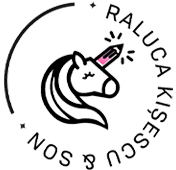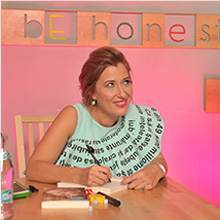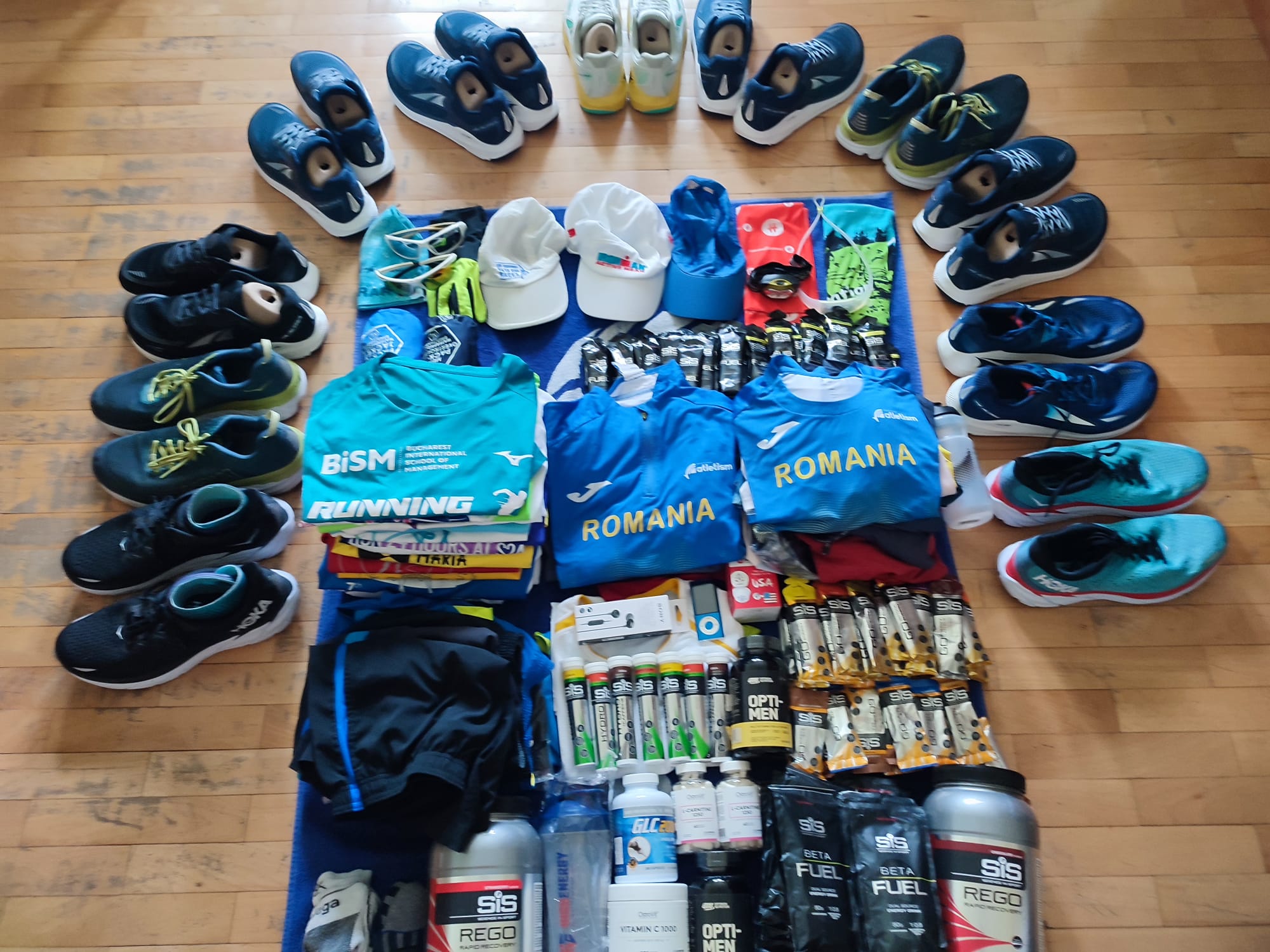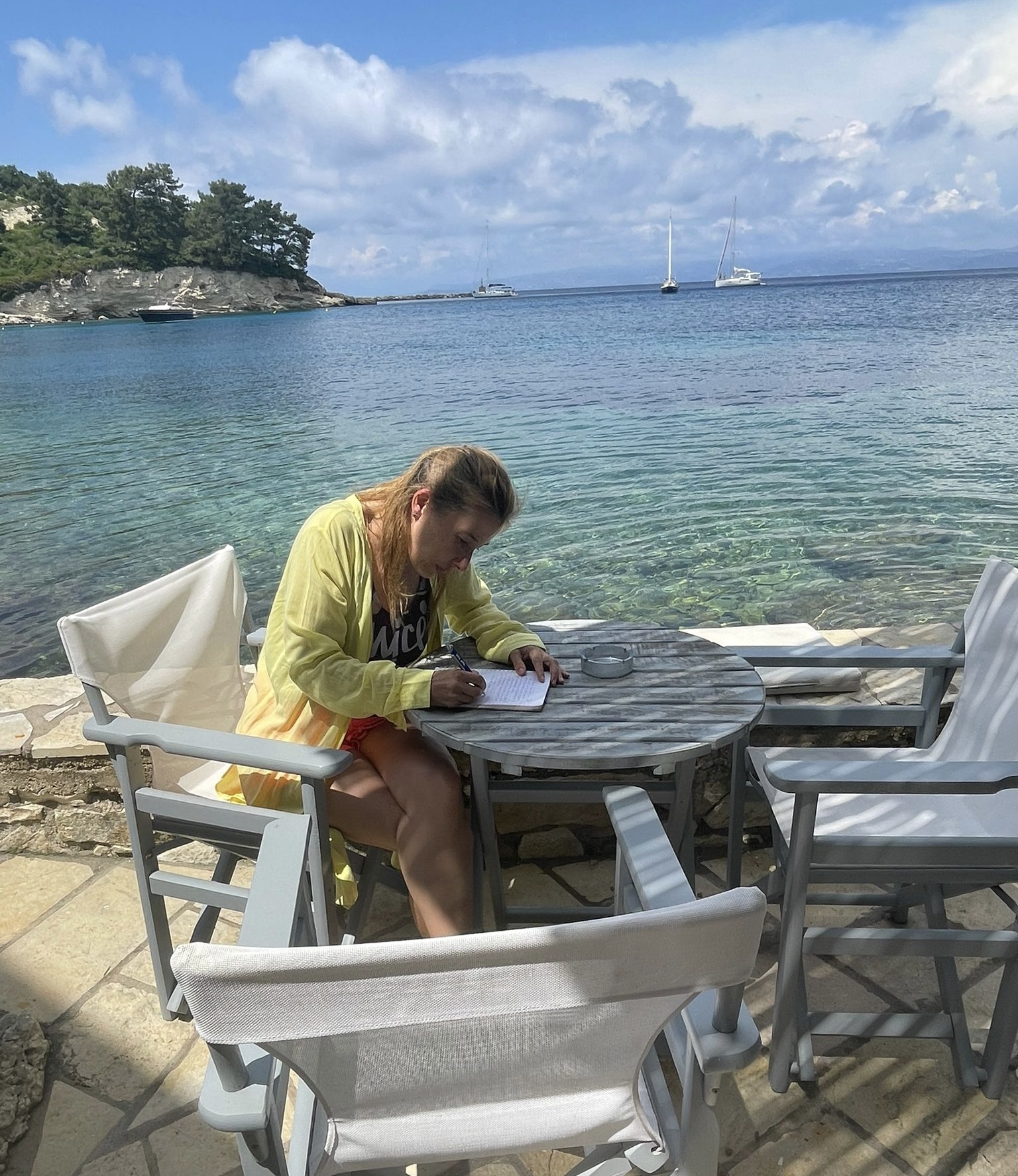Being an expert: are you a fox or a hedgehog?


In his 1968 bestseller The Population Bomb, Stanford biologist Paul Ehrlich insisted that it was too late to prevent a catastrophe from overpopulation. He played out hypothetical scenarios in his book, all but none optimistic. In the “cheerful” scenario, population control begins with the pope giving his blessing to abortion.
This is the intro of Chapter 10, Fooled by Expertise from the New York Times besteller Range. How Generalists Triumph in a Specialized World*, authored by David Epstein.
What about the 10,000 hours rule of practice from Malcom Gladwell? “Makes me thoroughly enjoy the experience of being told that everything I thought about something was wrong. I loved Range” signs Malcom himself on the turquoise’s front cover of Range. Go on reading and you will understand why.
Economist Julian Simon took Ehrlich’s challenge of an imminent catasprophe from overpopulation to create a better picture. The late 1960s was the start of the “green revolution”: water control techniques, hybridized seeds, management strategies, etc could improve the agriculture results. More people would actually mean more good ideas and more technological breakthroughs, therefore no worries of famine. The two - Ehrlich and Simon - made a bet in 1980: Ehrlich could pick up 5 metals whose prices would go up because of their scarcity in the future. If, in ten years time, prices had gone down, Ehrlich would have to pay the price difference to Simon and viceversa. Ehrlich’s liability was capped at $1,000, while Simon’s limit was no limit. In October 1990, Simon found a check for $576.07 in his mailbox. Not only that the prices of the 5 metals picked by Ehrlich went down, but there no apocalyptic famine caused by overpopulation. In the 1960s, 50 of every 100,000 global citizens died annualy from famine; now that number is 0.5. The absolute world population continues to grow but at a significant lower rate.
Ehrlich’s starvation predictions turned wrong. He assumed a forecast in an environment that was prone to technological development that would alter the global predicament and by the time the population would decrease its accelerated growth rates. Despite one erroneous prediction after another, Ehrlich ammassed an enormous following and continued to receive prestigious awards.
But not only Ehrlich was mistaken, Simon was too. When economists checked metal prices for every ten-year window from 1900 to 2008, during which time the world population quadrupled, they saw that Ehrlich would have won the bet 63% of the time. Commodity prices are not a good index for population effects, they wax and wane with macroeconomic cycles.
In the end of the story, none of the two experts were right. Ideally, intelectuals “hone each other’s arguments, so they are sharper and better” says Yale historian Paul Sabin. In the case of biologist Ehrlich and economist Simon, it was the opposite: each became more dogmatic with more information they acquired. This is not only their case.
This is a type of thinker who becomes so obssesed with his vision of the world even in face of contrary facts. They make worse and worse predictions but they brand them as victories. Negative growth, low single digit growth, flat Earth, and many more, does it sound familiar to you?
A Danish proverb says: “It is difficult to make predictions, especially about the future”. Sometimes there is a curiously inverse relationship between how well some forecasters though they were doing and how well they did, said Philip Tetlock, a young political scientist in an experiment about forecast accuracy and expertise. Moreover, he admited, there was a “perverse inverse relationship” between fame and accuracy: the more famous the forecaster and more exposed in media, the more likely to be wrong.
Those who are usually less wrong are people who are not vested in a single approach, who are able to take from each argument and integrate apparently contradictory worldviews. Tetlock named them “integrator foxes”, who “know many little things” as opposed to “narrow-view hedgehogs” who “know one big thing”. The hedgehogs rely on their deep but narrow expertise which is not always helpful, particulalrly in unknown mediums such as pandemic, by example. The foxes, meanwhile use multiple ideas from multiple fields, accept ambiguity and contradiction.
Tetlock made an interesting experiment, proving that foxes - bright people with wide-ranging interests and reading habits but no particular relevant background - can beat experienced folks. Not only they were the best individually, but had a better ability to co-operate. Experts are great and much in need in fixed, well known environments, but in the face of uncertainty, individual breadth is critical and foxes thrive.
If you are a Romanian, you would feel a strong sense of patriotism when reading that Scott Eastman, a Forecasting Consultant at Future of Humanity Institute (Oxford University) lives in Sibiu. He told author David Epstein that he “never completly fit in one world”. He grew up in Oregon, competed in math and science contest, but in college he studied English literature and fine arts. He has been a bicycle mechanic, a housepainter, founder of a housepainting company, manager of a multimillion-dollar trust, a photographer, a photography teacher, a lecturer at Lucian Blaga University in Sibiu and, most unusually, chief adviser to the mayor of Avroig, a small town in the middle of Romania. In that role, he did everything from helping integrate new techologies into the local economy to dealing with the press and participating in negotiations with Chinese business leaders. Unbelievable and we, the patriotic Romanians, have no idea about this influencer living in our country!
As a forecaster, he learned that “specializing in a topic frequently did not bear fruit in the forecasts.” “Often, if you are too much of an insider, it is hard to get good perspective”.
So, hello HR people who are mainly looking for specialists and experts within a domain of interest to fill a position which is so close to what the potential candidate is doing in exactly the same domain of interest. Senior Brand Manager for a beer brand headhunted for a Senior Brand Manager position for a competitor? Why so obvious? What would that person bring as a fresh perspective into the beer industry? Different POSM? More colourful?
Eastman decribed the best forecasters as “genuinely curious about, well, really everything”. What great forecasters take from specialists are facts, not opinions that they integrate in their larger perspective. They view their own ideas as hypotheses in need of testing. Their goal is NOT to convince anybody about their own expertise, but to encourage teammates to help them falsify thier own notions. This is so out of instinct!
The aversion to contrary ideas is not a matter of stupidity or ignorance or both. Yale law and psychology professor Dan Kahan has shown that more scientifically literate adults are actually more likely to become dogmatic about politically polarizing topics in science. He thinks that this might be the effect of them being better at finding evidence to confirm their feelings.
Kahan also measuread science curiosity, not science knowledge. The most science curious people always choose to look at new evidence, whether or not it agreed with their current beliefs. Less science curious people were hedgehogs: they became more resistant ot contrary arguments. Also, whenever a situation is forecasted in the right way, both hedgehogs and foxes update thier beliefs with succesful predictions. If the outcome is wrong, foxes are more likely to adjust their ideas.
It does not mean that hedgehogs experts are not necessary. Einstein was a hedgehog. Beneath complexity, hedhegog experts tend to see the simple, deterministics rules of cause and effect framed by their area of expertise. Foxes see complexity in what others mistake for cause and effect.
In unknown environments - such as the one that we are living right now - experience alone does not improve performance. Forecasters/strategists/business leaders with effective habits of mind can see structural similarities in different type of events that could lead to better predictions. The inside view is dangerous in moments of uncertainty, it relies on historical data which no longer reflects any similarities to today. Skillful forecasters/strategists/business leaders move away from the problem to take into consideration completely unrelated events with structural commonalities rather than relying on intuition based on personal experience or single area of expertise.
How should you proceed in real life?
- Roam freely
- Listen carefully
- Consume omnivorously
If you are a hedgehog leader, surround yourself with foxes, do not bring your long term with the company hedgehog management team to solve issues that you have not met before. Sometimes learning is better than relying on your experttise entirely.
* This is an excerpt from Range (a highly recommended book) with personal annotations/interpretations/summary.















